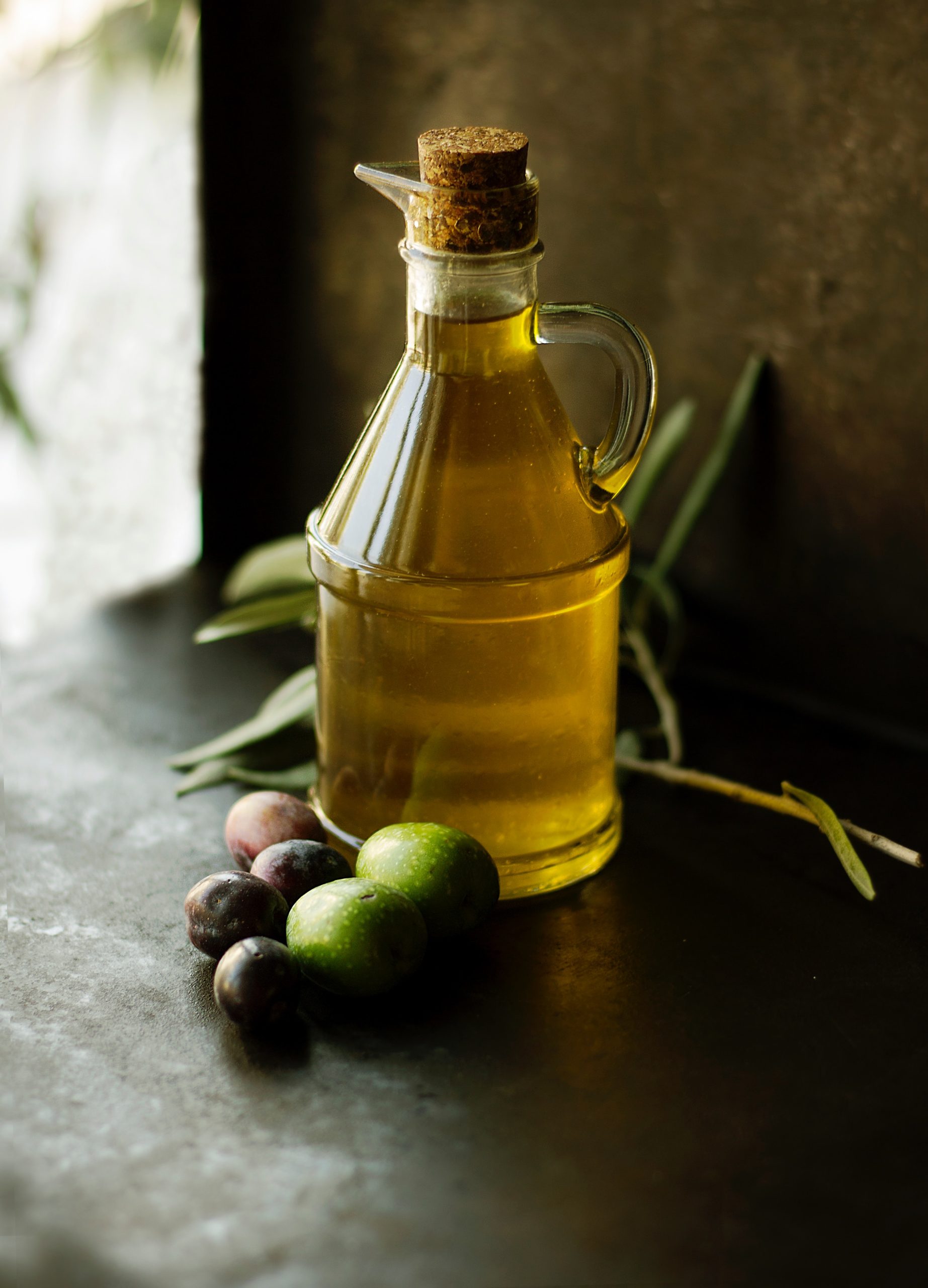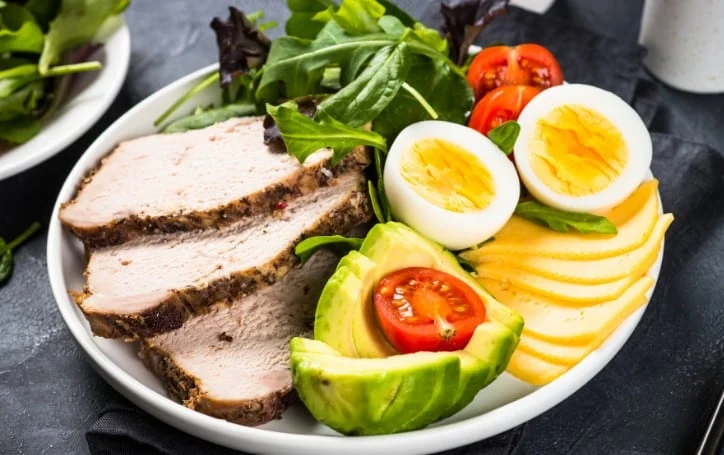Olive oil has been a staple ingredient in Mediterranean cuisine for centuries, and now it seems like everyone on social media is talking about it. But what’s all the fuss about? Is olive oil really that great? In this blog post, we’ll explore why olive oil is gaining popularity on social media, its numerous health benefits, how to use it correctly, and even what to do if you don’t like the taste of this liquid gold. So sit back, grab a slice of bread (or whatever else you love dipping in olive oil), and let’s dive into the world of this delicious and nutritious cooking essential!
What is olive oil and why is it gaining popularity on social media?
Olive oil is a type of oil derived from the fruit of the olive tree. It’s rich in healthy monounsaturated fats and antioxidants, making it a great choice for cooking and dressing salads.
But why has olive oil suddenly become so popular on social media? One reason could be that people are becoming more health-conscious and looking for healthier alternatives to other types of oils. Olive oil has long been touted as being beneficial for heart health, reducing inflammation in the body, and even helping to prevent certain types of cancer.
Another reason could be that people are discovering the versatility of olive oil when it comes to cooking. From sautéing vegetables to baking bread, there are countless ways you can incorporate this delicious ingredient into your meals.
With many people spending more time at home due to lockdowns and restrictions, cooking has become a popular pastime. And what better way to experiment with new recipes than by trying out different varieties of olive oil?
Whatever the reason may be, one thing is clear: olive oil isn’t going anywhere anytime soon!
The health benefits of olive oil
Olive oil is not just a tasty ingredient to add to your meals; it also offers numerous health benefits. Firstly, olive oil contains monounsaturated fats that can help reduce bad cholesterol levels and lower the risk of heart disease. Studies have shown that consuming olive oil regularly can also improve blood sugar control in individuals with type 2 diabetes.
Moreover, the antioxidants present in olive oil can offer protection against certain types of cancer and reduce inflammation throughout the body. It has also been found that regular consumption of olive oil may help maintain healthy brain function and prevent age-related cognitive decline.
Additionally, using olive oil as a substitute for butter or margarine in cooking can contribute to weight loss and management since it is lower in calories and saturated fats. Applying olive oil topically on the skin can improve its hydration and protect against UV damage.
Incorporating moderate amounts of high-quality extra virgin olive oil into your diet can provide you with various health benefits without sacrificing taste or enjoyment at mealtime.
How to use olive oil correctly
Using olive oil correctly can make a big difference in the taste and health benefits of your food. Here are some tips for using it effectively:
When cooking with olive oil, it’s important to choose the right type. Extra-virgin olive oil is best for cold dishes like salads and dips, while regular or light olive oil works well for sautéing and frying.
It’s also important to use the correct amount of olive oil when cooking. Too much can result in greasy or heavy-tasting food, while too little may not provide enough flavor or moisture. Use recipes as a guide but adjust according to personal preference.
To store your olive oil properly, keep it in a cool, dark place away from heat and light sources that can cause oxidation. It’s best to buy smaller bottles rather than large ones that will take longer to use up.
When using olive oil on its own as a finishing touch on dishes like pasta or grilled vegetables, drizzle lightly over the top instead of drowning them in it. This will allow you to savor the unique flavors of high-quality extra-virgin olive oils without overwhelming other ingredients.
What to do if you don’t like the taste of olive oil
If you are one of those people who just can’t seem to enjoy the taste of olive oil, don’t worry, there are still ways for you to incorporate it into your diet. First things first, try different brands and types of olive oil. The flavor can vary greatly depending on where the olives were grown and how they were processed.
Another option is to use extra virgin olive oil as a base for other flavors. This means adding herbs or spices like garlic, rosemary or chili flakes to the oil so that it takes on a more pleasant taste. You could also mix olive oil with other oils such as avocado or grapeseed oil for a milder flavor.
If all else fails and you simply cannot tolerate the taste of olive oil at all, consider taking it in supplement form instead. Olive leaf extract supplements provide many of the same health benefits without having to consume large amounts of actual olive oil.
Remember that while some people may not enjoy the taste initially, acquiring an appreciation for this healthy fat takes time and patience!
Conclusion
In summary, the buzz around olive oil on social media is not without merit. This kitchen staple has been used for centuries and with good reason! Olive oil provides numerous health benefits including reducing inflammation, improving heart health, and aiding in weight loss.
When using olive oil, it’s important to use it correctly by choosing the right type of oil for your needs and storing it properly. If you don’t like the taste of olive oil or want to switch up your cooking routine, try experimenting with different types of oils or incorporating olive oil into new recipes.
We can see why everyone is talking about olive oil on social media this week. It’s a versatile ingredient that offers a ton of benefits and can be used in various ways in your daily life. So go ahead – pour some extra virgin olive oil over your salad or cook with it today!










